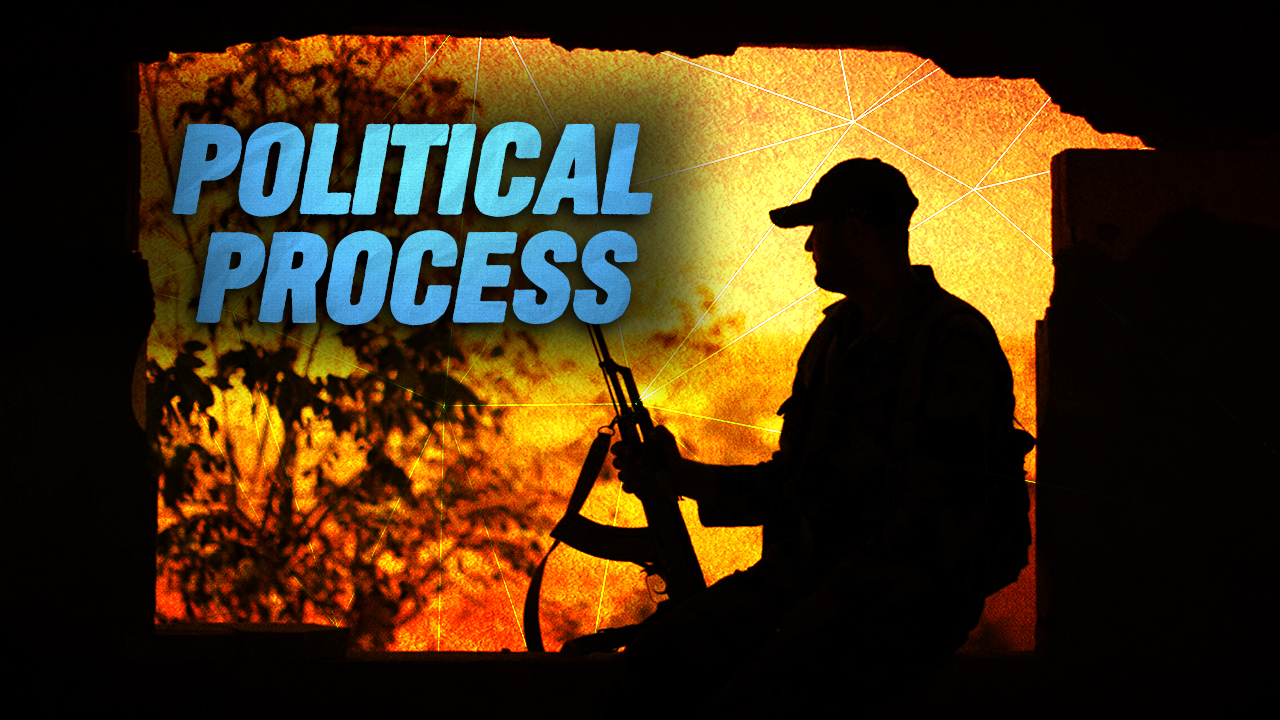The chief of Syria’s General Intelligence Directorate Hussam Louqa held a meeting with the leaders of Turkish-backed armed factions in Aleppo city to brief them on the normalization process between Damascus and Ankara, Intelligence Online reported on May 12.
According to the French news website, Louqa accompanied Syrian Defense Minister Ali Mahmoud Abbas to the quadruple talks with Russia, Turkey and Iran in Moscow on April 25, where Ankara demanded a mechanism for the return of Syrian refugees and Damascus called for a Turkish withdrawal from Syrian territory.
The intelligence chief held a closed meeting with his Turkish counterpart Hakan Fidan on the sideline of the talks, and the two agreed to meet again.
The Turkish military occupies vast parts of the northern Aleppo countryside, as well as a long strip of land between Raqqa and al-Hasakah in northeastern Syria. It also maintains a large presence in the northwestern region of Greater Idlib, where several terrorist groups are active.
Two days later, on April 27, Louqa traveled to the northern city of Aleppo where he met with the leaders of Turkish-backed armed factions to brief them on the quadruple talks in Moscow and set conditions for a possible reconciliation process. Two Russian senior officers attended the secret meeting, according to Intelligence Online.
Louqa was the mastermind behind several key reconciliation agreements in Syria. He was also credited with brokering a deal to restore relations with Saudi Arabia.
If confirmed, the meeting in Aleppo would be a sign of major advance in the Syrian-Turkish normalization process, which is backed by both Russia and Iran.
The foreign ministers of the four countries held a meeting in Moscow on May 10. The high-level talks didn’t result in any breakthrough, however.
A reconciliation agreement between Damascus and Turkish-backed armed factions could encourage Ankara to pull its troops out from Syria, push forward the political process in the country and help millions of Syrians return to their homes. However, it is still unclear if such an agreement will be possible to implement with the presence of many radical elements in the Syrian opposition.
MORE ON THIS TOPIC:


